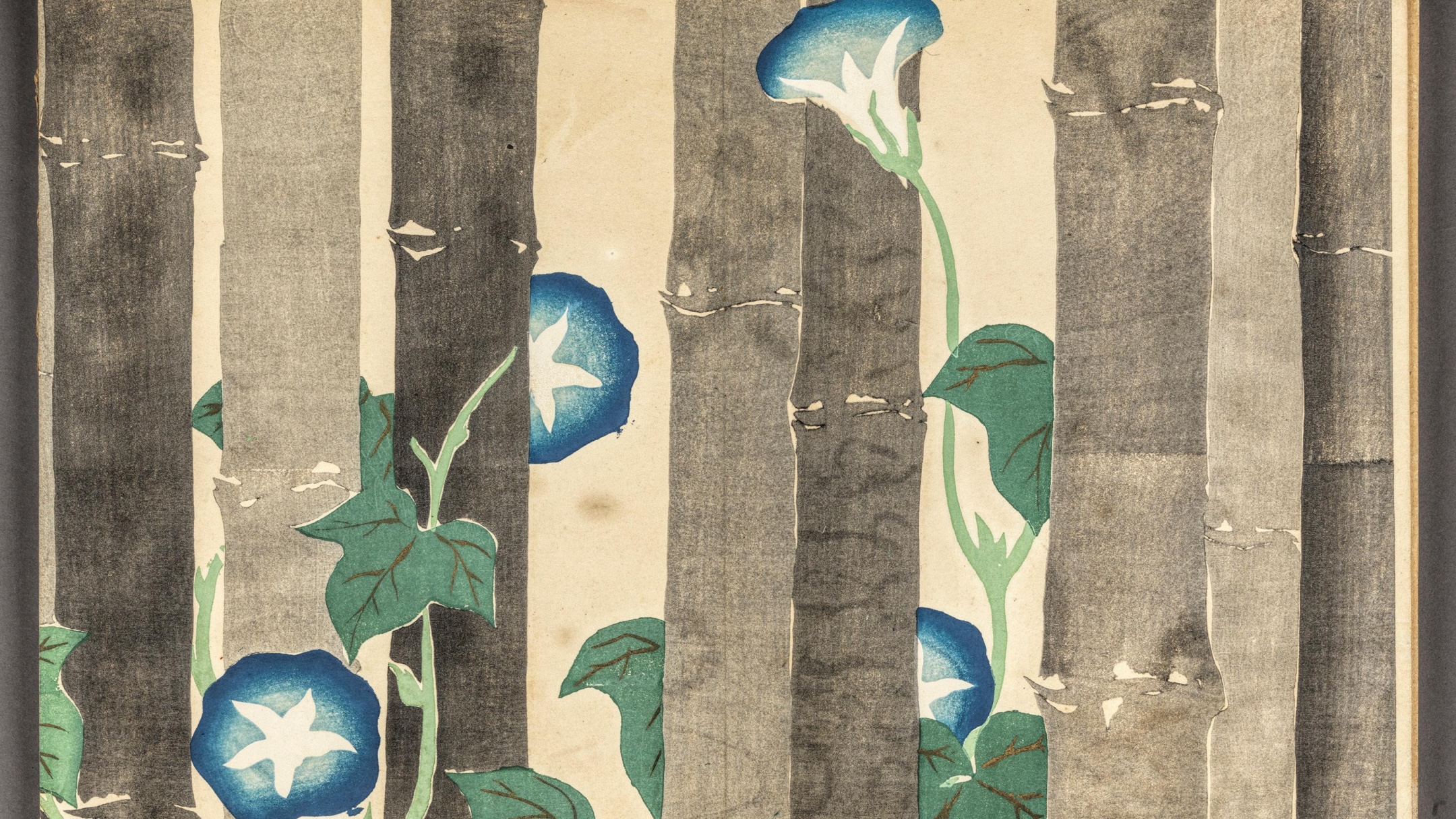Yellowjackets (a.k.a. Late Summer Picnic Pests)
Published
Categories
Blog Post
We love picnicking outside in the summer but in August and September our meals are inevitably cut short because of wasps. What are they and what can we do about them?
Yellowjackets - much worse than ants at a picnic! There are a few species of these social wasps in Ontario, but most common are the German wasp, Vespula germanica or the common yellowjacket, Vespula vulgaris. They belong to the family Vespidae or social wasps of which there are 96 species recorded living in eastern North America. Both of these species are also found in Europe.

Yellowjacket; copyright ROM images
To understand why you are being bothered at the end of summer, it helps to understand a bit about their life history. In spring, the queen begins a nest by herself, often in wall spaces, tree stumps or underground. She begins laying eggs and feeds the larvae. The larvae require protein meals, feasting on insects such as caterpillars, beetle larvae, flies and bugs. Once some workers (all females) have developed, they take over the food gathering and feeding of the new larvae. Workers chew up prey and feed this mush to the larvae. The queen’s only job now will be to lay eggs (thousands in her lifetime!). In August, she slows down her egg laying and some males and new queens develop. With fewer larvae to care for, the workers are free to forage for themselves.
While they are attracted to protein, the worker wasps also have a sweet tooth. When they smell pop or fruit or even meat on your picnic table, it is irresistible to them. Since they don’t have to worry about little ones any more, they can feed as they wish. Think of it as the original ‘Empty nest syndrome’!

Yellowjacket feeding; photo by Antonia Guidotti
A positive aspect of these pesky wasps is that they are considered to be good pollinators because they visit flowers to sip the nectar and in the process pick up and distribute pollen.
After the first frost, most of the workers will perish and none of them will survive an Ontario winter. The new queens will overwinter in a sheltered spot and start a new nest the following spring.
So, should you do anything about them?
Well, first of all, don’t swat them or make them angry! They can sting and it isn’t a pleasant feeling. If threatened, they can emit phermones (chemicals) to call their sisters. You want to avoid this! If they are really problematic, you can purchase a trap or make a simple trap using watered-down juice or pop with a few drops of dish soap to a small dish. Wasps will be attracted to the sweet smell, but the soapy water will inhibit their flying abilities and they will drown. Make sure your dish has a little depth and there is nothing floating in the trap or it will not work.



